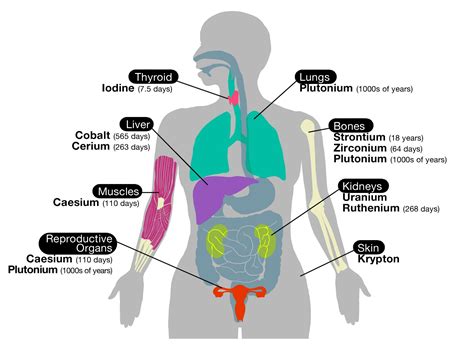The Adam’s apple, a distinctive protrusion in the front of the neck, is a well-recognized feature, predominantly associated with men. While both men and women possess the anatomical structure from which it arises, its typical prominence in males often sparks curiosity. The reasons behind this gender-specific difference are rooted in anatomical development, hormonal influences, and the process of puberty.
Anatomy of the Adam’s Apple
The Adam’s apple is not a separate organ but rather the layman’s term for the visible protrusion of the thyroid cartilage, which encases and protects the larynx (voice box). The larynx is a complex structure made of cartilage, muscles, and ligaments, essential for breathing, speaking, and swallowing. Its primary function is to house the vocal cords. The thyroid cartilage is the largest of these cartilages, forming the front and sides of the larynx.

The Role of Puberty and Hormones
The significant difference in Adam’s apple prominence between sexes becomes evident during puberty. In males, the surge of testosterone, the primary male sex hormone, triggers profound changes throughout the body, including the growth of the larynx. This hormonal influx causes the thyroid cartilage to grow larger and its angle to become more acute, leading to the characteristic outward bulge we recognize as the Adam’s apple.
Conversely, in females, while estrogen and progesterone also drive pubertal changes, they do not stimulate the same degree of laryngeal growth. The female larynx generally remains smaller and less angled, which means the thyroid cartilage does not protrude as noticeably, if at all.

Voice Deepening: A Consequence of Laryngeal Growth
The enlargement of the larynx in males during puberty is directly linked to the deepening of the voice. As the vocal cords lengthen and thicken within the growing voice box, their vibration frequency decreases, resulting in a lower pitch. This process is often referred to as “voice breaking” and is a hallmark of male adolescence. The Adam’s apple’s prominence is, therefore, a visible indicator of these internal laryngeal transformations that facilitate a deeper male voice.

Variations and Nuances
It’s important to note that while the Adam’s apple is typically more prominent in men, there’s a spectrum of appearance. Not all men will have a very pronounced Adam’s apple; factors like genetics, body fat percentage, and individual hormonal responses can influence its visibility. Similarly, some women may have a slightly more noticeable thyroid cartilage, although it rarely reaches the same degree of protrusion as in most men. Conditions involving hormonal imbalances or certain medical procedures can also affect its appearance.

Conclusion
The Adam’s apple serves as a clear physical manifestation of the distinct developmental pathways between male and female bodies, primarily driven by the hormonal changes of puberty. Its greater prominence in men is a direct result of testosterone-induced growth of the thyroid cartilage, which encases the larynx and facilitates the deepening of the male voice. This anatomical feature is thus a fascinating example of how hormones sculpt the human form and function.




